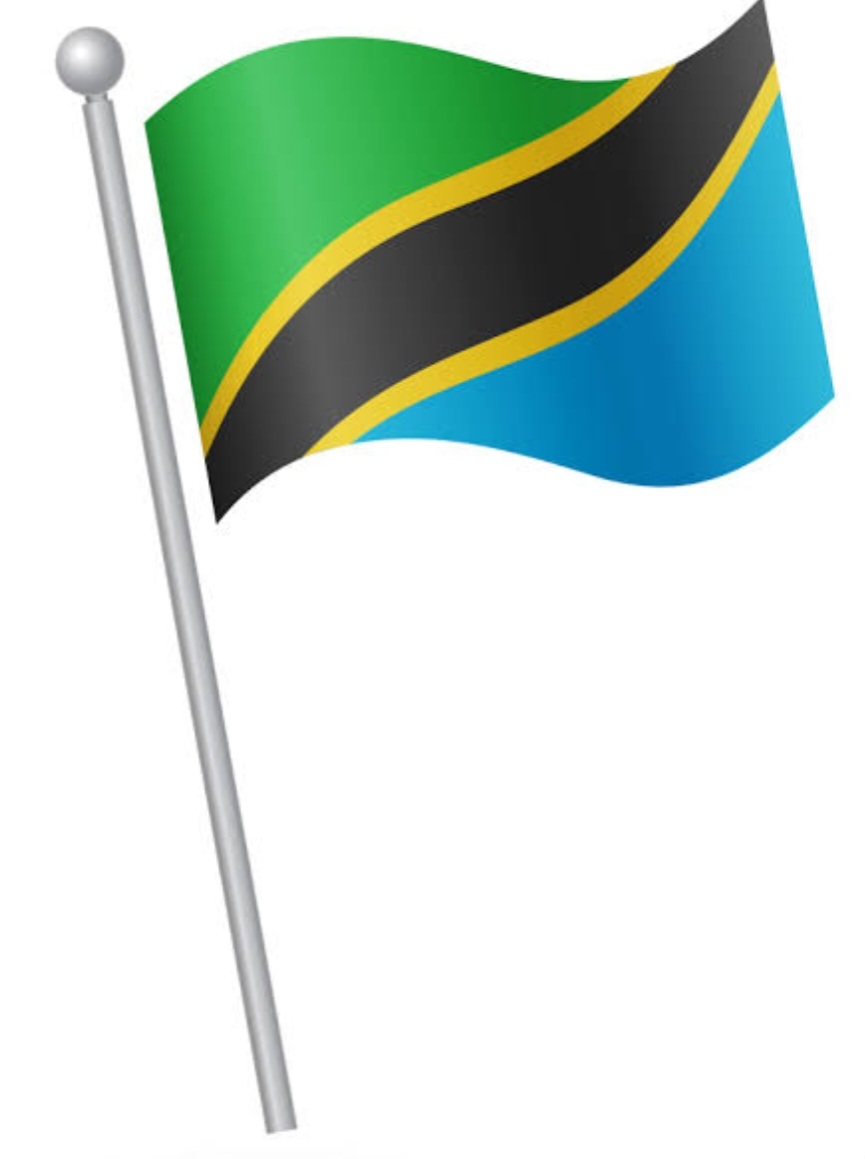
Ofure Akhigbe
On Tuesday, 11 November, the United Nations called for an investigation into the alleged killing of hundreds of people during post-election protests in Tanzania, as authorities have charged hundreds of demonstrators with treason.
UN human rights chief Volker Türk said there was “an apparent attempt [from the government] to conceal evidence” of protesters’ deaths, citing reports that security forces were moving bodies from mortuaries to undisclosed locations. Türk urged authorities to release the bodies to families for proper funerals. “Reports of families desperately searching everywhere for their loved ones, visiting one police station after another and one hospital after another are harrowing,” he said.
The main opposition party, Chadema, claims that about 2,000 people were killed during three days of protests following the 29 October elections. The government has yet to release an official death toll. The UN said “hundreds” are believed to have died, but verification has been difficult due to a volatile security situation and a six-day internet shutdown after the vote.
Tanzanian authorities have charged hundreds of people with treason in connection with the demonstrations. Among those wanted is Josephat Gwajima, an influential preacher whose church was deregistered earlier this year after he criticised the government over human rights abuses. Arrest warrants have also been issued for other top opposition officials who have not yet been detained.
Chadema leader Tundu Lissu has already been jailed for several months and faces treason charges after calling for electoral reforms ahead of the 29 October poll. The Catholic Church in Tanzania has condemned the killings and warned that there can be no peace without justice, emphasizing that accountability for those facing treason charges is essential for national reconciliation.
